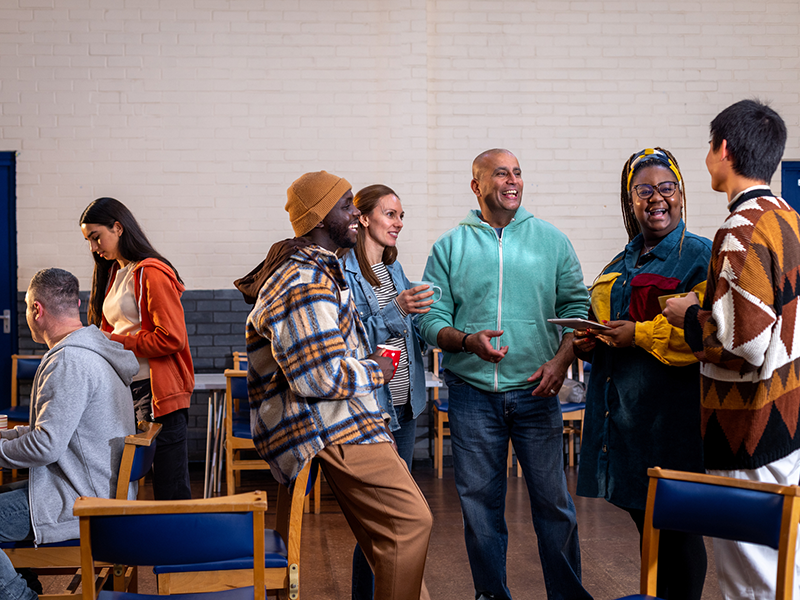Civic Engagement & Democracy
Our democracy’s health and sustainability are predicated on free and open discourse, participation in civil society and an informed citizenry capable of engaging in conversations that lead to understanding and mutual respect, the achievement of common purpose, and shared goals.
In a time of heightened political partisanship, increased division and distortion of facts, too much of our communication is rife with anger, anxiety, attacks, and blaming. Unfortunately, the ability to listen and learn, discuss and dissent has declined.
Did You Know …
Democracy is a living organism. Together we must come together to participate fully in civil society.
Constitution 101 & Civics Education
Civics education is essential for fostering informed and engaged citizens who understand their rights and responsibilities in a democratic society. Knowing the principles of democracy and how government works is necessary to participate actively in civic life with the requisite knowledge and skills.
Civility & Social Norms
A strong democracy relies on people being able to talk openly, listen to each other, and work toward shared goals. Political fights, misinformation, and growing divisions have made respectful conversations rare. Too often, discussions turn into arguments filled with anger or blame. Many people avoid talking about important issues altogether because they don’t want to cause conflict or lose relationships.
Civil Society & Engagement
Civic participation, particularly through voting and community engagement, significantly influences public health outcomes and promotes health equity. Communities that actively participate in civic life tend to have stronger social ties and better overall well-being.





